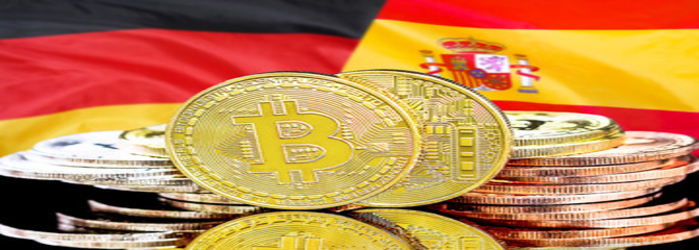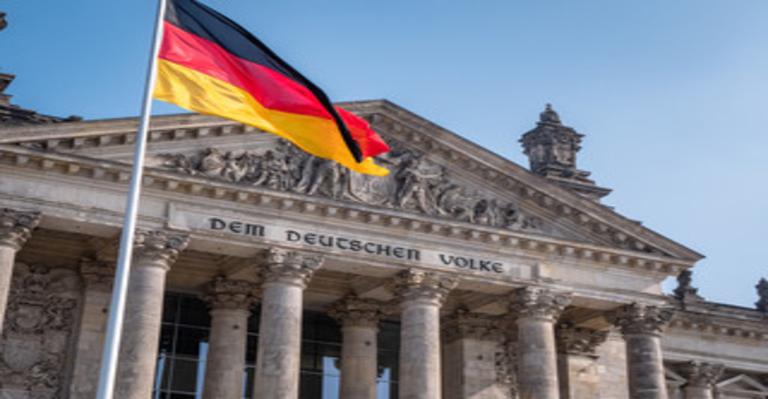Germany’s Finance Ministry has distributed a draft charge that expects to put stocks gave on open or private blockchain on a similar balance as stocks gave through conventional methods.
“In line with the overarching principles of capital market laws, such as technological neutrality and proportionality, the bill sets up no preferential specifications for individual register techniques so that the market can develop and offer innovative solutions,” the Ministry said.
The necessity for stocks or government bonds to have a paper endorsement will soon no longer apply in Germany with stock backers ready to keep up their own register dependent on blockchain innovation.
“The approach proposed in the draft pragmatically combines future-oriented technology with the long-standing legal and regulatory framework for securities,” said Frank Dornseifer, the managing director of Bundesverband Alternative Investments eV (BAI) which represents the interests of the alternative investment industry in Germany.
The bill gives that to crypto protections, likewise called e-Securities, the prerequisite of a paper‑based note is supplanted by the section of the e-Securities into a register worked by a directed substance.
The register might be a focal register that must be worked by a focal protections depositary (“CSD”) under a CSD permit.

On the other hand, the register may likewise be a decentralized register, a purported crypto security register (Kryptowertpapierregister), so as to allow the issuance of blockchain-based e-Securities as security tokens, which the Bill alludes to as crypto protections and treats as a sub-class of e-Securities.
The bill additionally permits the transformation of old stocks into a tokenized structure and the other way around, with a permit required by their controller, BaFin, to give the stocks, just as a capital prerequisite of 730,000 euros.
“However, there is still a need to clarify details, but this is exactly what the consultation process that has just started aims to do,” Dornseifer said.
It’s not satisfactory for instance what precisely is a blockchain register. As we as a whole know the blockchain clearly is a register itself, however of pseudo-unknown locations.
They’ll in all likelihood require starting distinguishing proof of the buyers of the e-stocks, however the unavoidable issue is whether then this can be uninhibitedly moved all inclusive in seconds with the appropriate response probably being yes as else you can’t exactly have such e-stocks on ethereum’s open blockchain.
In which case this would be the principal law that would open the route for the digitization of the financial exchange in a completely managed and administered way, something that would make Germany an exceptionally engaging tech ward, and something that would mean tokens can have real responsibility for real organization with the current administration DAOs so picking up the intensity of investors’ choices that at that point opens up an entire cluster of organization law concerning guardian obligations of e-stock backers.

